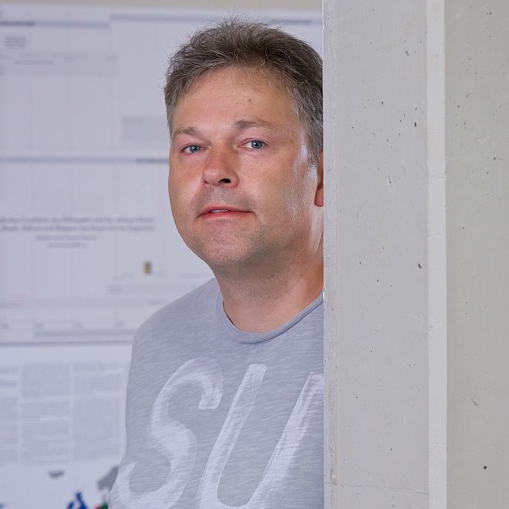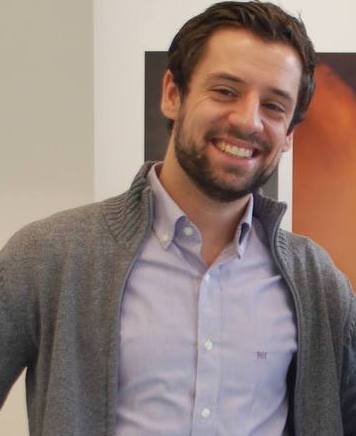If you study medicine, you can become a doctor, if you study architecture, an architect. There is no such clear-cut job description for philosophy graduates. However, as a philosophy graduate, you have various career options. In principle, there are three professional fields open to you:
(i) The safest option is to become a philosophy and ethics teacher at school.
(ii) Then there is a broad, not clearly defined professional field that highly values the skills you acquired during your studies. For instance, you can work in continuing education, in libraries or in administration, management, consulting and controlling in politics, business or the cultural sector. You have numerous options. However, you should be aware that the contents of your philosophy programme will play only a very minor role in these professional fields.
(iii) This is rare, but you may be able to embark on an academic career at the university. If this is your goal, you should follow up your master’s or teacher education degree with doctoral research, eventually earning your doctorate.
Take a look at this brochure from the Humboldt-Universität to find out more about career options for humanities and social sciences graduates (you may want to check the pages of the Humboldt-Universität for an updated version).

Studying philosophy has less to do with acquiring a particular set of skills than with honing your ability to debate basic questions. Ideally, your sense of phenomena, your capacity for making conceptual distinctions and your ability to analyse and evaluate arguments will enable you to conform to this famous Kantian adage:
“Enlightenment is man's emergence from his self-imposed nonage. Nonage is the inability to use one's own understanding without another's guidance. […] Sapere aude! Have the courage to use your own understanding! is therefore the motto of the enlightenment”.
However, this ability to use one’s own understanding may lead different people to arrive at startlingly different results when exploring the above-mentioned foundational questions.
“If two people share the same opinion, at least one of them is not a philosopher”. (unknown)
It takes a lot to come to terms with this. It also lends the history of philosophy its peculiar character. As Nietzsche says:
“The philosopher believes the worth of his philosophy to rest in the overall achievement, in the entire structure: that posterity recognises him in his individual building blocks and uses them to build many and better structures: i.e. he believes that, while his particular structure may be torn down, it continues to have worth as raw material”.

It is especially the welcoming atmosphere in the department that creates a wonderful working climate for doctoral researchers. Exchange with other researchers in the departmental colloquium, in the Konstanz-Zurich-Colloquium and during other events is what makes it especially worthwhile to study philosophy in Konstanz. And with Lake Constance only a stone’s throw away, Konstanz offers an excellent quality of life. When writing a book, why not do it in such superb conditions?
